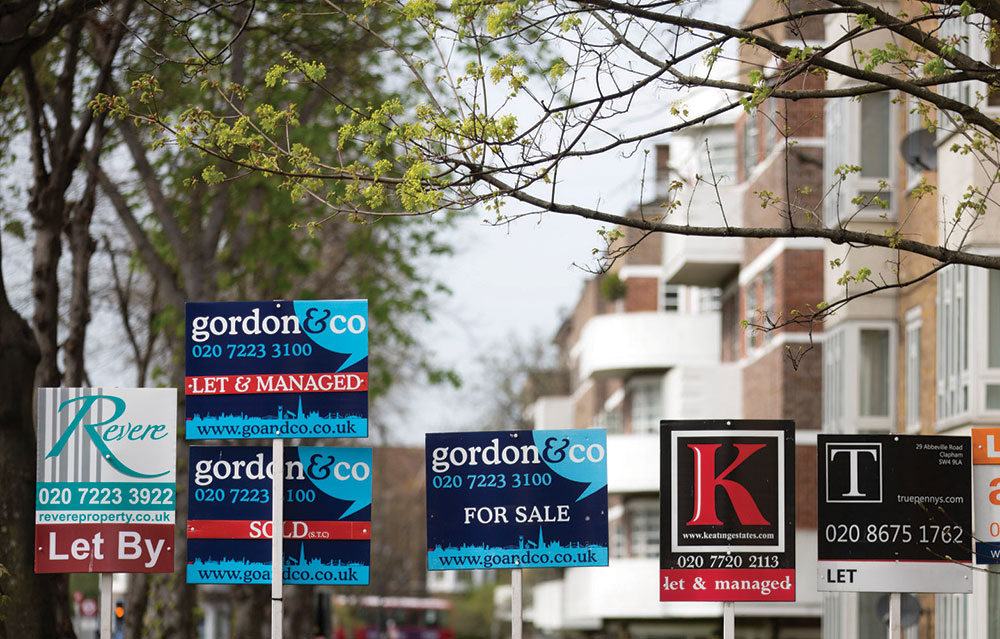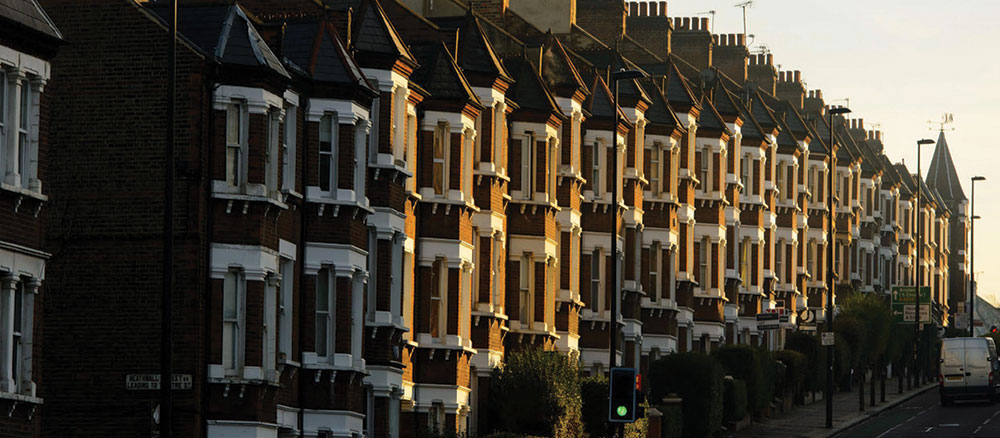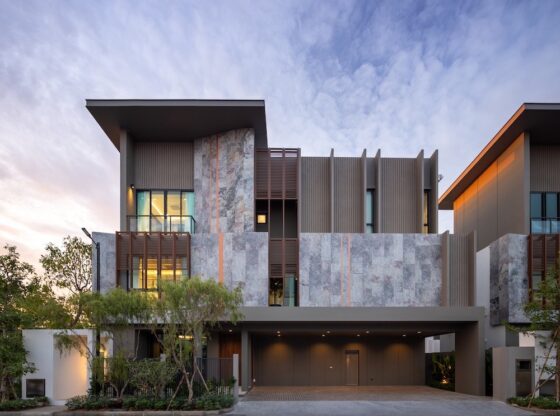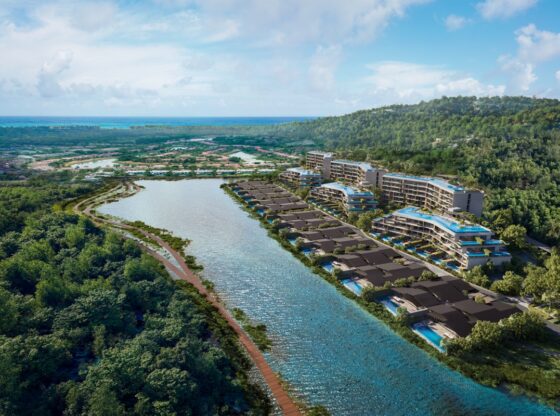![]()
Getting onto the property ladder in the UK has been a big issue for many of the younger generation in recent years. Employees rarely receive pay rises that surpass inflation, if indeed they receive any increase at all and the current generation is the first to be worse off than their parents. This leaves them with little option but to rent and with demand high and supply low this is rarely cheap.
The Royal Institute of Chartered Surveyors (Rics), believes that there is a shortfall of a staggering 1.8 million rental properties across the UK. The number of council houses has been on the decline for the last three decades with the majority moving into private ownership, a policy that was pushed by the Thatcher led Conservative government of the time.
This policy was for the country to become a nation of homeowners and indeed this path was welcomed by many at the time but inevitably it led to an increase in prices – which was again warmly received at the time, when “greed is good” was a commonly heard phrase. The demand for rental accommodation fell and all seemed well.
If we jump forward a few decades, the problem has now developed whereby young people simply can’t afford to buy property so investors are purchasing second homes that they can rent out to generate an income. To a certain degree this has worked, although it has done little to stem the rising prices. This was great for landlords but not so good for tenants.
The result was from 1 April 2016, anyone buying a second home was forced to pay a higher rate of stamp duty. Rics claimed that 58% of real estate agents reported a fall in sales following on from the news and 86% of landlords said that they had no intention of adding to their portfolios at the present time. As prices failed to drop this reduction created further problems.
This was certainly not what the market needed from a tenant’s point of view at least. According to PwC, the number of households living in rented accommodation will be 7.2 million by 2025, compared to 5.4 million 2015 and with 25% of those living in privately rented properties the situation needs to be addressed.
Rics are urging the government to review and indeed reverse stamp duty on second properties as well encourage build-to rent-schemes that are attractive both to tenants and landlords. It is very easy to forget landlords in this, but the 86% drop suggests that they are a very important cog in the overall machine.
The main call is for local authorities to release existing brownfield sites for build-to-rent purpose although environmental campaigners did raise concerns claiming that some greenfield sites would also be swallowed up. This claim was refuted by pretty much all parties with the general consensus being that these sites were the solution.
Speaking to the UK’s Guardian newspaper Jeremy Blackburn who is the Head of Policy for Rics said: “The private rented sector became a scape-goat under the previous prime minister, and because of that it suffered. Yet with increasingly unaffordable house prices, the majority of British households will be relying on the rental sector in the future.
“We must ensure that it is fit for purpose, and the government must put in place the measures that will allow the rental sector to thrive. Any restrictions on supply will push up rents, marginalising those members of society who are already struggling”.
Of course, the UK is not alone in suffering issues with lack of rental properties although perhaps not for the same reasons. Here in Pattaya we have seen demand for short-term holiday rentals increase dramatically over the last five or six years. On one the hand this is good for the city but it should be noted and recognised such short-term rentals are actual illegal, although most landlords and juristic officers tend to ignore this.

The problem is the more demand increases, the more the attention is drawn to the fact. The government has been keen to make attempts to clean up Pattaya and ensure that developers stick to regulations so this is perhaps something that they may look at further down the line. No one wants demand to fall and the rental properties are still required so this is perhaps one of the reasons there has been a notable increase in the number of rental guarantee schemes that are offered by developers.
It appears that developers see this as the perfect opportunity to pick an area of growth during a period when condominium sales have perhaps stagnated. Similar to the schemes in the UK, these build-to-rent schemes are created with the intention of providing the desired accommodation whilst at the same time giving investors and landlords the opportunity to generate profits.
The difference in Thailand is that the units are rented back to the developer for long periods, therefore getting around the issues with short-term rentals, who then in turn sub-let them to tour operators looking for alternatives to hotels. So far, the schemes appear to be successful with all parties satisfied. The problem could be further down the line when the availability of land makes accommodation unaffordable.
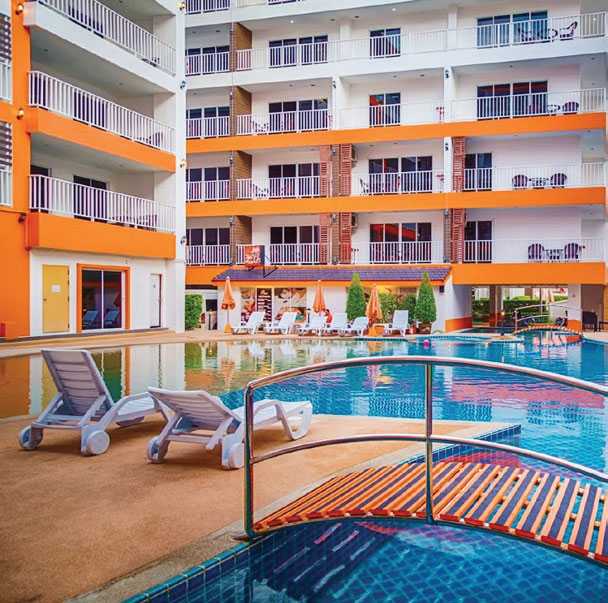
Overall, there is little doubt that globally, not just in the UK or Thailand there is a shortage of rental accommodation – just the purpose of the accommodation differs. How different countries address the issue remains to be seen but a solution will need to be found that is attractive to landlords and tenants as one cannot exist without the other.
As always, space is running short. Rental accommodation may not be at the forefront of everyone’s mind but it is certainly a very real problem and one that appears to be getting worse. Thankfully, it appears that this problem has started to be addressed here and hopefully this will not become a problem rather it will become and opportunity. So, until next time, keep enjoy the Land of Smile.


